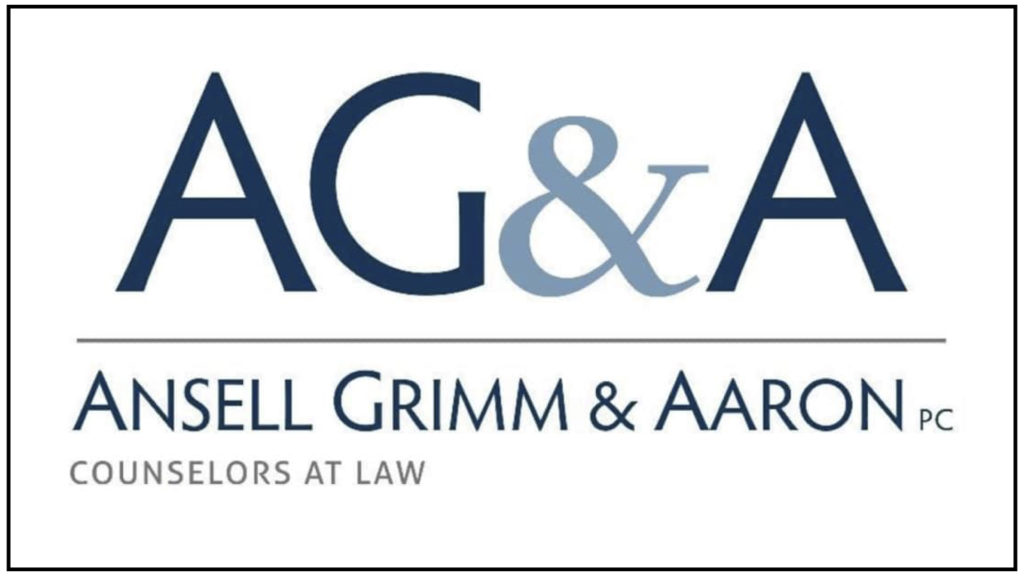
NJ • NY • PA:
Associations must be careful when adopting any age or gender-specific hours or considerations
In a perfect world, associations want to make all of their residents comfortable. To that end, it can be tempting when establishing a pool schedule to consider age- or gender-specific hours and/or considerations to reflect the demographics and comfort levels of residents. However, associations nationwide must be careful when adopting any age- or gender-specific hours or considerations or risk finding themselves in court.
The importance, and meaning, of the Marie Curto, et al. v. A Country Place Condominium Association, Inc., et. al. case cannot be ignored or overlooked. Ms. Curto and others, as plaintiffs, claimed that separate hours for men and women violated the United States Fair Housing Act (FHA). The association contended that a majority of the units were occupied by those practicing Orthodox Judaism, who strictly separate by gender during public swimming. The plaintiffs were assessed fines by their association each time they used the pool in discordance with the posted swim schedule and rules. However, the plaintiffs’ motion for damages was denied because, although the gender-specific swim times were separate, they were equal, and therefore not in violation of the FHA.
Attorney David J. Byrne from Ansell Grimm & Aaron, PC in Princeton, New Jersey explained what the FHA is and how it applies to association pool rules.
First, let’s be clear — what is an FHA violation? “It covers a lot of things,” Byrne said. “But in relation to this particular issue, it is the enforcement of rules and/or conduct in a fashion that runs afoul of the FHA.”
“…the focus is on how the condominium or association operates the facilities and/or enforces the rules…”
He went on to explain that the classic set of facts regarding the FHA is an owner’s refusal to rent to certain persons on the basis of a class contemplated by the FHA. However, in the association context, FHA is generally not concerned with the actual leasing of units (FHA may still apply to tenants in some circumstances). “So instead, the focus is on how the condominium or association operates the facilities and/or enforces the rules,” said Byrne.
In the case of pool rules, Byrne pointed out that via the Fair Housing Act, you cannot discriminate on the basis of gender or age. He used the example of an association that tried to establish an adults-only swim. “I had a client years ago that tried to create an adult swim. That’s a pretty clear violation of the statute,” he said. But Byrne explained that it may have been possible to retain such a swim. “The question is whether or not such an adult swim would’ve been lawful if the association had an adult-only swim and then a family-only or children-only swim. That’s what you’re dealing with here,” he said.
In this recent case, Byrne explained that “it would have clearly been a violation of the law if this particular association had a female only swim but no male only swim. But the court felt there wasn’t a violation since each gender had its own exclusive time in the pool,” he said.
When asked who is protected by the Fair Housing Act, Byrne explained that “the United States Fair Housing Act has protected classes and some states have their own statutes which have additional classes.” In New Jersey, for example, there is the Law Against Discrimination which includes additional protected classes. So it is important to look at the laws of the particular state if you feel a violation has been committed.
To date, the Fair Housing Act lists protections for race, color, religion, sex, handicap, familial status, disability or national origin. However, as Byrne pointed out, the New Jersey Law Against Discrimination adds several other classifications to the list. New Jersey’s list includes race, creed, color, national origin, nationality, ancestry, age, sex, pregnancy, familial status, marital status, domestic partnership or civil union status, affectional or sexual orientation, gender identity or expression, atypical hereditary cellular or blood trait, genetic information, liability for military service, mental or physical disability, perceived disability, and AIDS or HIV status.
Byrne said that pool rules can cause inadvertent violations of the FHA when a particular arrangement is motivated by cultural or religious interests. Interestingly enough, according to Byrne, the fact that a condominium is private property, or even if the residents vote one-hundred percent for a rule or schedule to be enforced “the anti-discrimination laws trump everything else,” he said.
“…may be legal,” he said, “as long as the rule is actually supported by the evidence as to safety and not just a rule based on conventional wisdom…”
Do Fair Housing Act violations happen often in your experience? “It shouldn’t come up if a condominium is properly counseled or managed,” he said. “Because it’s fairly obvious you can’t discriminate in certain ways in regards to use of the pool.” Byrne said what you do see is a rule prohibiting children of a certain age from being in the pool unattended. “That may be legal,” he said, “as long as the rule is actually supported by the evidence as to safety and not just a rule based on conventional wisdom, for example.”
But he is quick to warn that any rule like that must be supported by a theory of evidence. “Any rules that are predicated upon age, or familial status, which you often see when it comes to pools, because the conventional wisdom is that young children can’t be in the pool by themselves, but some children can swim better than adults,” Byrne said.
What are best practices when it comes to pool rules? “The best practice is to focus all rules on something that is not just conventional wisdom, but actually based on some foundation and evidence. Any rule that makes distinctions on the basis of age and/or familial status that has a reason behind it is probably legitimate,” he said.
“You have rules for a fitness club in a condominium that state that no one under the age of eighteen can use the machines. What is that based on? There’s no basis to suggest that seventeen-year-olds can’t safely use the machines on the one hand, but that a seventy-seven-year-old person can safely use the machines on the other hand,” he said. Which is to say that you would have to back up any rule with documented proof that the rule is in the interest of safety…and post those pool rules.
Written by Michelle Tomko
About the source
 David Byrne is a partner in the Firm’s Community Association Practice Group. He limits his practice to the representation of condominiums, community associations, cooperatives and homeowners associations. Mr. Byrne provides homeowners associations, condominiums and cooperatives with a full range of legal advice and services including the drafting and negotiation of service contracts, rules and regulations and alternative dispute regulations (“ADR”), collections, delinquent assessments and common charges, transition negotiations with developers and/or sponsors, construction defect litigation, municipal services and relations, fair housing compliance, restrictive covenant enforcement and interpretation, any necessary litigation-related services, governance, and the fiduciary duties of board members.
David Byrne is a partner in the Firm’s Community Association Practice Group. He limits his practice to the representation of condominiums, community associations, cooperatives and homeowners associations. Mr. Byrne provides homeowners associations, condominiums and cooperatives with a full range of legal advice and services including the drafting and negotiation of service contracts, rules and regulations and alternative dispute regulations (“ADR”), collections, delinquent assessments and common charges, transition negotiations with developers and/or sponsors, construction defect litigation, municipal services and relations, fair housing compliance, restrictive covenant enforcement and interpretation, any necessary litigation-related services, governance, and the fiduciary duties of board members.
David Byrne • Ansell Grimm & Aaron, PC • 214 Carnegie Center, Suite 114 • Princeton, NJ 08540 • (609) 452-3870 • djb@ansellgrimm.com • www.ansellgrimm.com


